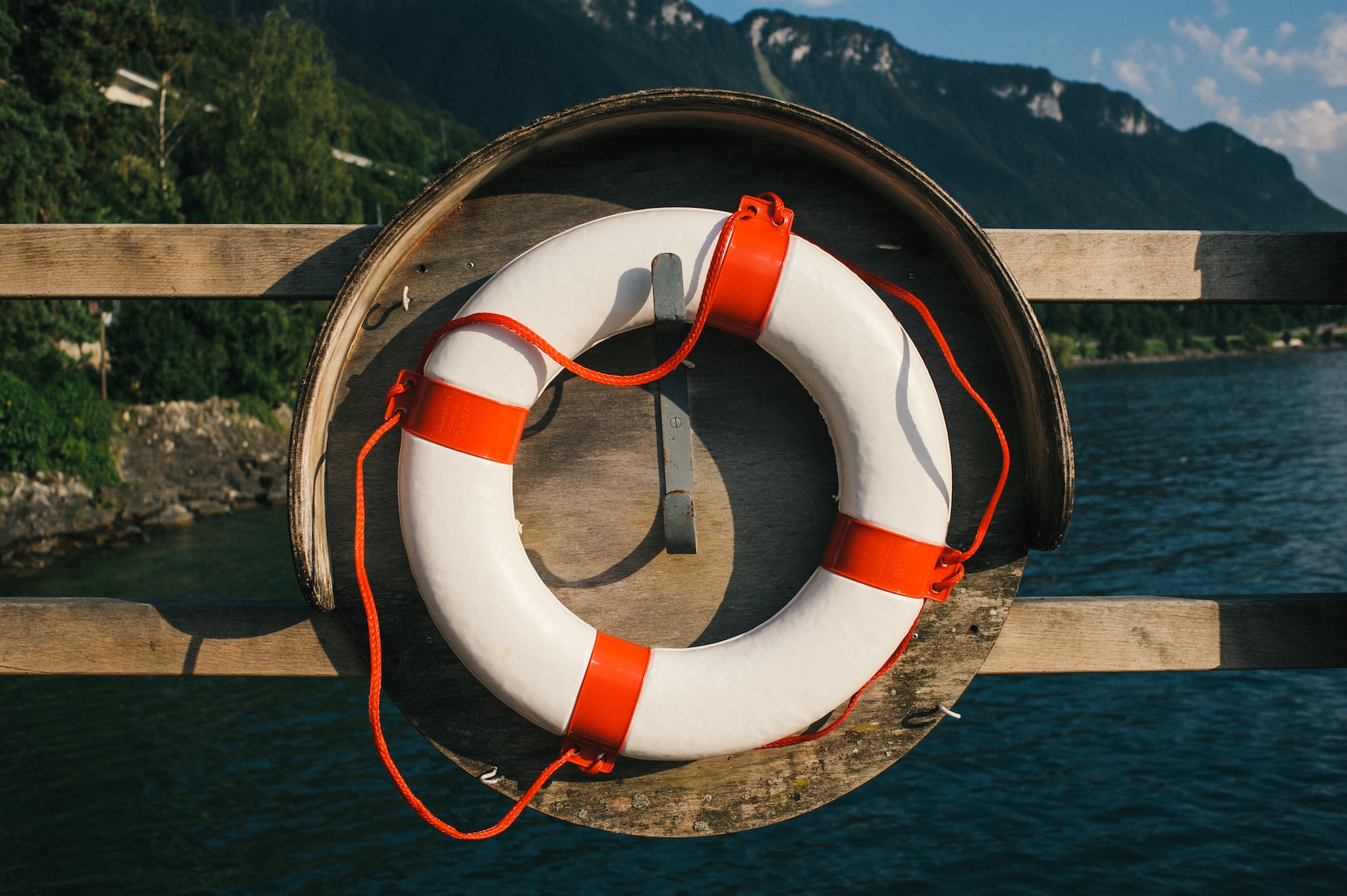An emergency fund can be a lifesaver when you have to deal with unforeseen expenses that might crop up from time to time.
At the same time, it’s critical for you to know how much money you should have in your emergency fund.
While conventional wisdom says that you should have sufficient money in your emergency fund to cover your living expenses for at least three to six months, it might not be the right advice for everyone.
For instance, if you have accumulated a lot of debt (particularly credit card debt), there is no point in having a large emergency fund, as some of that money could be better spent repaying your debts.
In such a scenario, you might be better off having a relatively small emergency fund and paying as much as you can every month to pay off your debts.
Once you pay off your debts, you should focus on building an emergency fund which is sufficiently large for your needs.
The factors that can decide how large your emergency fund should be include
Number of dependents
If you are single and do not have anyone who is financially dependent on you, there is no need for you to have a large emergency fund.
You can invest a large portion of it in the market and get substantial returns in the long term.
If you are married and have kids, that answer might be different.
Multiple-income household
If you have a spouse or partner who works, you might not need a large emergency fund, as you can rely on them for financial assistance in the event of an unforeseen emergency.
Think about the likelihood that both of you could be laid off at the same time.
If that possibility is low, there’s less reason to carry a large emergency fund in a low-earning savings account, other than perhaps peace of mind.
Job stability
If you have a reasonably well-paying, stable job, you probably do not need a large emergency fund.
Since you are assured of a paycheck every month, you are better prepared to deal with unforeseen emergencies compared to most people.
Nevertheless, layoffs can happen. It’s usually better to have at least some savings set aside.
Multiple income streams
If you are not entirely dependent on your day job and have multiple sources of income (rental real estate, dividend-paying investments, and more), you may not need a large emergency fund.
Even if you lose one source of income the money coming in from other sources can compensate for it.
However, you probably will need cash set aside to maintain your real estate.
Predictability of expenses
Having a substantial emergency fund, equaling four to six months of your living expenses, is recommended if one or more of the factors listed below are applicable to you:
- You have a medical condition
- You live in an area with a high cost of living
- You do not have a stable job
- You believe that it might be difficult for you to find another job right away if you lose your current one
- You have two or more dependents
- You do not have multiple source of income or a financial support network to rely on
On the other hand, if you are healthy, frugal, and live in an area with a moderate cost of living, you do not need a large emergency fund.
In these circumstances, an emergency fund that covers two to three months of your living expenses should be sufficient for you.


